Non cohesive American JCPOA stance
Although the 8th round of the Vienna sanctions removal talks has begun, many lawmakers in Washington have shown their opposition to the deal and have vowed to block any possible deal.
The US has so far failed to remove its maximum pressure sanctions, which it imposed on Iran after Washington pulled out of the JCPOA, or to give guarantees that a future administration will not ditch the deal, yet again.
Thirty-three US Republicans have called for a review and a vote on any Iran revival deal. The senators have warned Biden that they will do everything in their power to block a possible deal.
Secretary of the Supreme National Security Council of Iran, Ali Shamkhani, said that there is no coherence or cohesion coming from the US on the revival of the 2015 Iran deal.
Ali Shamkhani has stressed that the US administration cannot impose the cost of its internal disputes on Iran.
And I think that now what we are witnessing is a division, internally, inside the political establishment, both Democrats and Republicans, regarding a resolution to the ongoing situation with Iran, regarding whether to go back to the table and to rejoin the JCPOA.
We know that Biden has made overtures and the State Department has said that they would grant some concessions in the form of sanctions waivers, but like many Iranian commentators, and politicians and diplomats have said it doesn't go far enough.
Christopher Helali, Political Analyst
Disparate voices from the US government show that there is no coherence in the country to make political decisions leading to progress in the Vienna talks. .
The US administration cannot pay for its internal disputes by violating Iran's legal rights.
Envoys from Iran and the 4 plus one group of countries, Britain, France, Russia and China plus Germany have been holding negotiations in the Austrian capital for 10 months in a bid to resurrect the JCPOA.
And I think that there's not much appetite for a deal with Iran at this point. I think the Trump administration did tremendous damage to the JCPOA by removing itself [sic] from it.
Christopher Helali, Political Analyst
The new round of talks comes amid rising hawkish voices in the US. A group of 33 US Republican senators, led by Senator Ted Cruz, have sent a letter to President Biden warning him that any deal with Iran on restoring the JCPOA requires Senate approval.
The senators warned Biden that they will do everything in their power to block a possible deal if he moves forward without them.
Cruz also said that the implementation of any agreement will be severely, if not terminally, hampered if the Biden administration does not fulfill a range of obligations in relation to congressional oversight over any agreements.
The Republican senators said that if there is a deal that does not have Senate approval, it will be subject to reversal as soon as there is a new president.
We see that the United States has been belligerent and has continued with what it calls the maximum pressure campaign on the Iranian people, on the Iranian state, on the legal and legitimate Iranian government. And we need as well, of course, the activities by which we also know that Israel and the Zionist lobby are also pushing very heavily in the United States.
Christopher Helali, Political Analyst
Former US President Donald Trump, unilaterally withdrew from the JCPOA in May 2018 and re-imposed the anti Iran sanctions that the deal had lifted. He also placed additional sanctions on Iran under a different pretext, totaly unrelated to the nuclear case, as part of his maximum pressure campaign.
The campaign was led by the Israeli and Arab lobby groups in the US.
The administration of US President Joe Biden says it is willing to compensate for Trump's mistake and rejoin the deal, yet it has retained the sanctions as leverage.
So I think that the internal division in the United States politically, will continue to give free rein to the national security state in the United States to continue to put maximum pressure on Iran. But we know very well that Iran is a sovereign country and it will defend itself.
Christopher Helali, Political Analyst
Iranian officials have repeatedly stressed that the onus falls on the US to remove all illegal sanctions against the Islamic Republic of Iran in a verifiable manner, and guarantee that a new US administration would not breach the JCPOA once again.
Lebanon’s parliament speaker urges pressure on Israel to stop ceasefire violations
UK government asked not to release Mandelson emails on Epstein: Report
VIDEO | Gaza Ramadan initiative
Hillary Clinton slams Trump for ‘betraying the West and NATO’
UN Staff group defends Francesca Albanese, condemns European ministers’ ‘vitriolic’ accusations
We will fight to the death for Iranian waters and islands: IRGC commander
Sheikh Qassem: Hezbollah does not seek war, but will never surrender
Hamas slams Israel's plan to expand East al-Quds boundaries


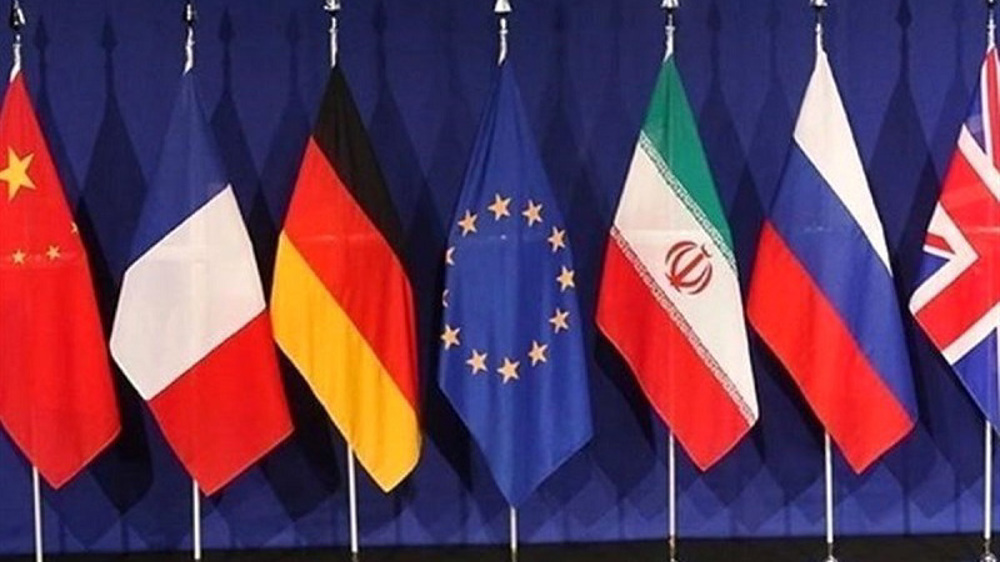
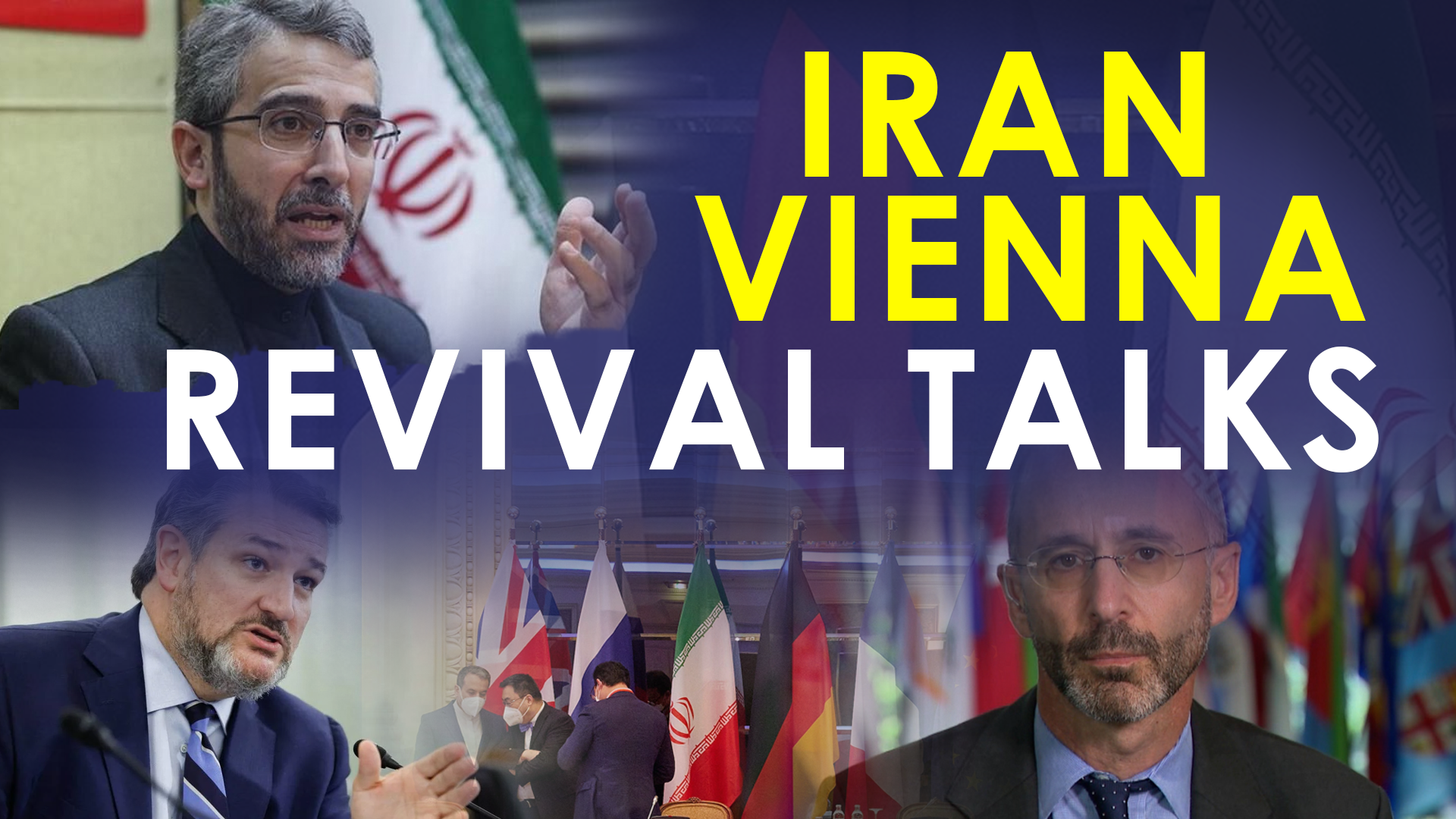
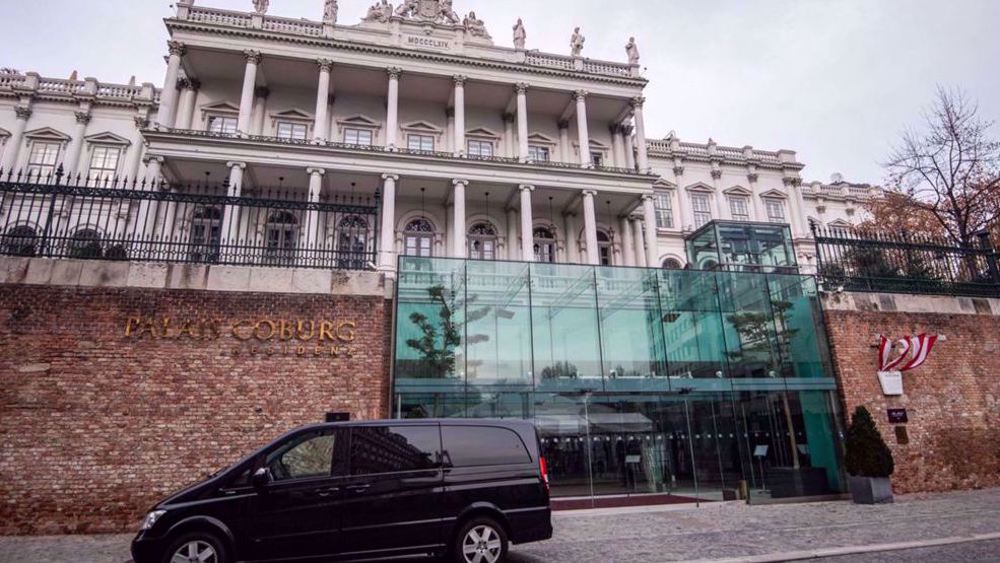
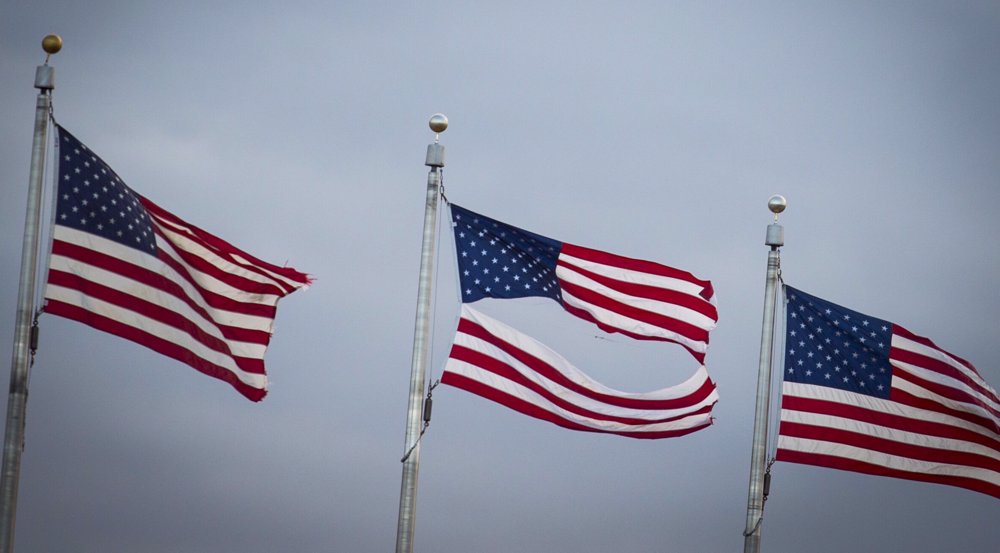
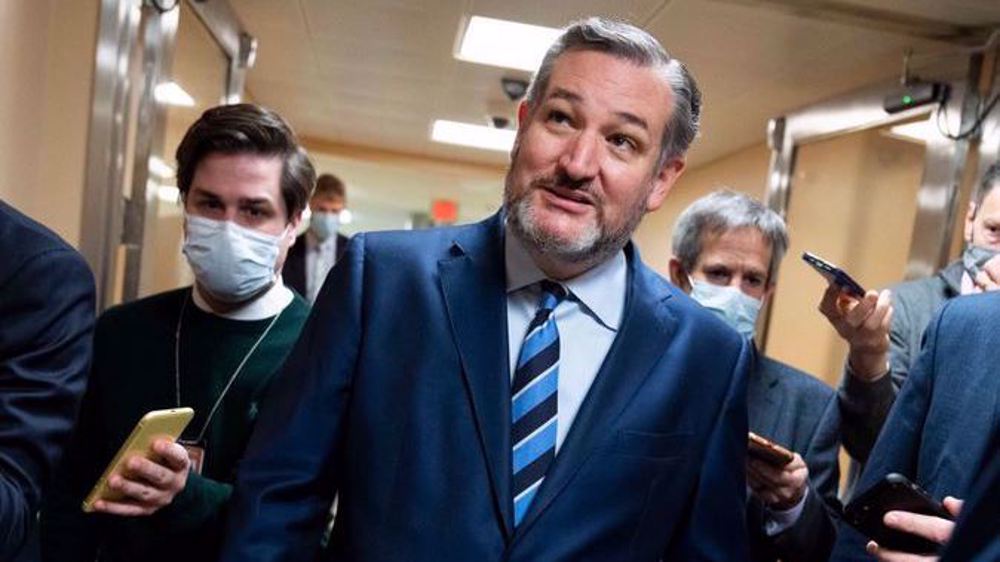
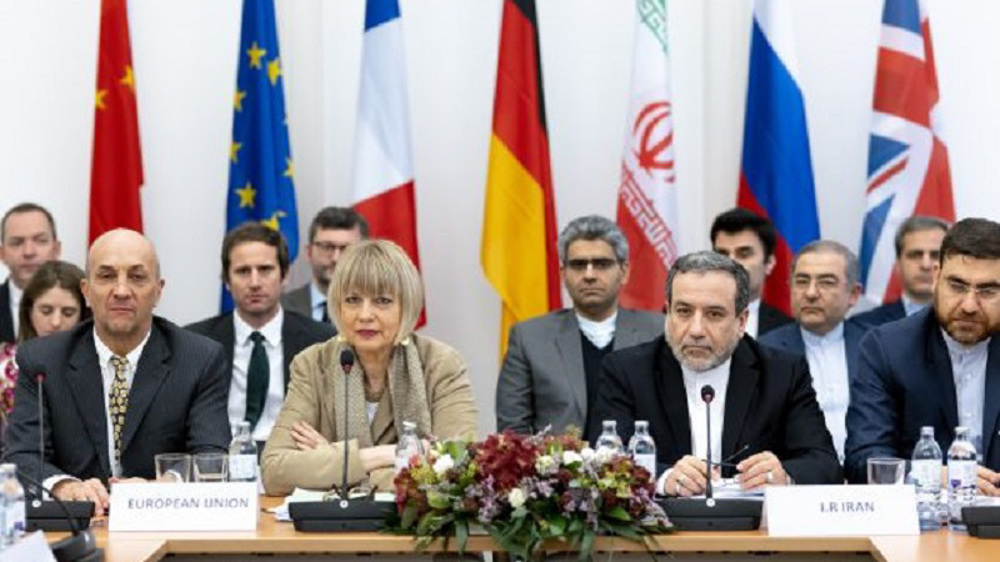
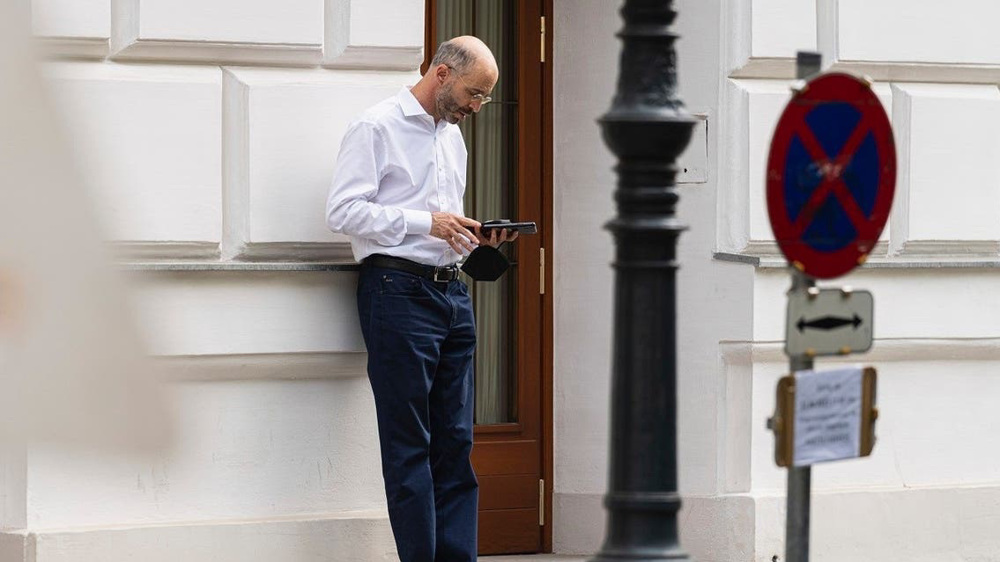
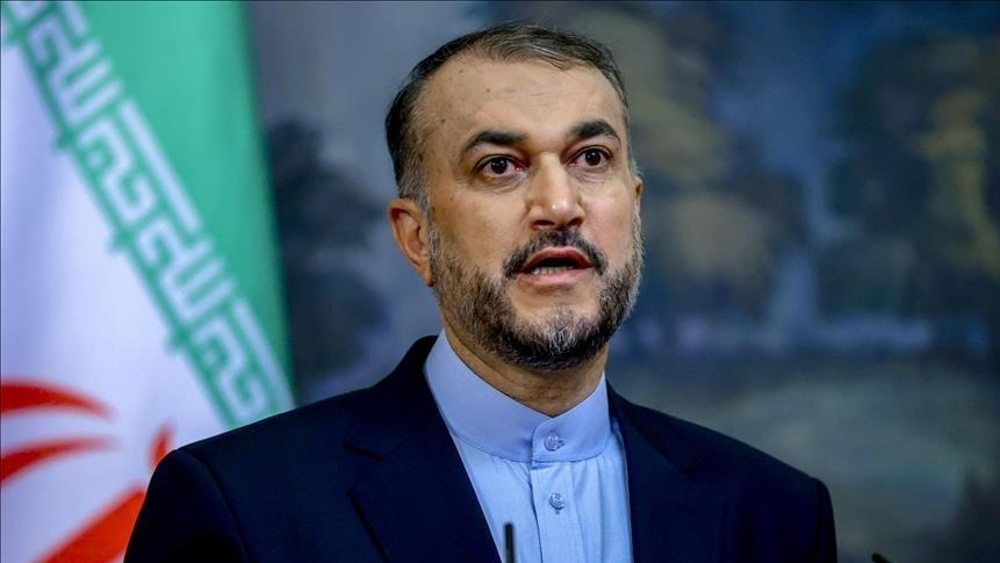
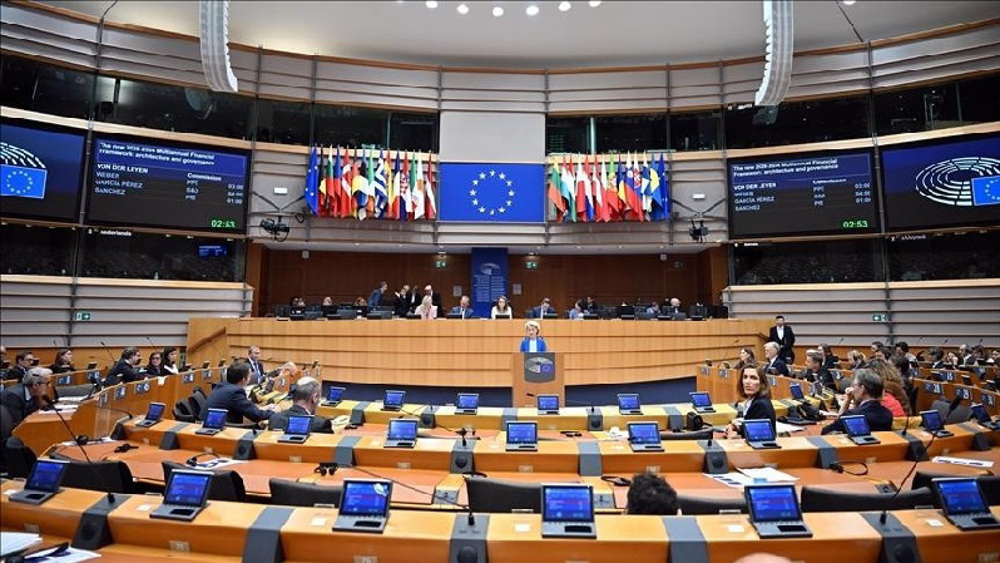
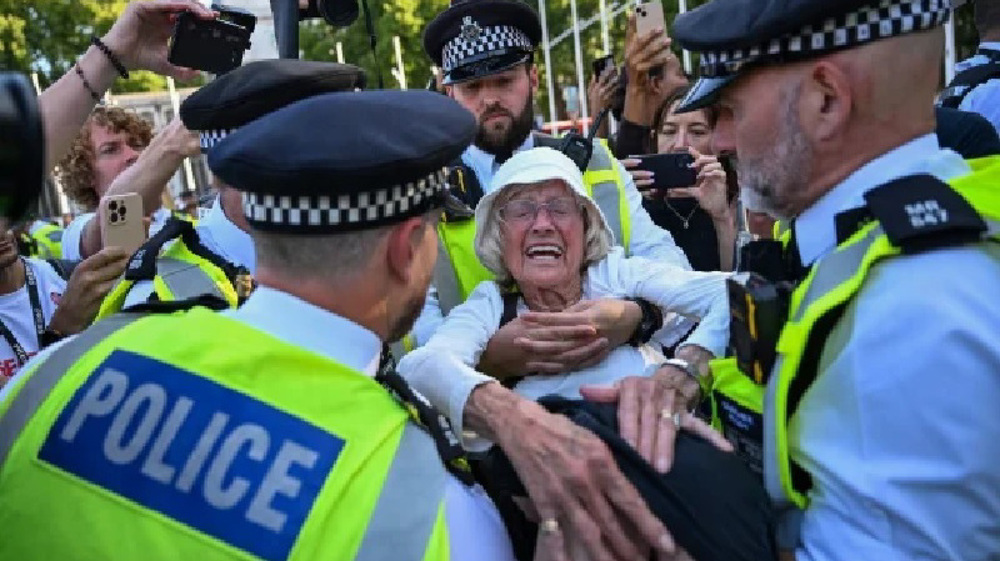
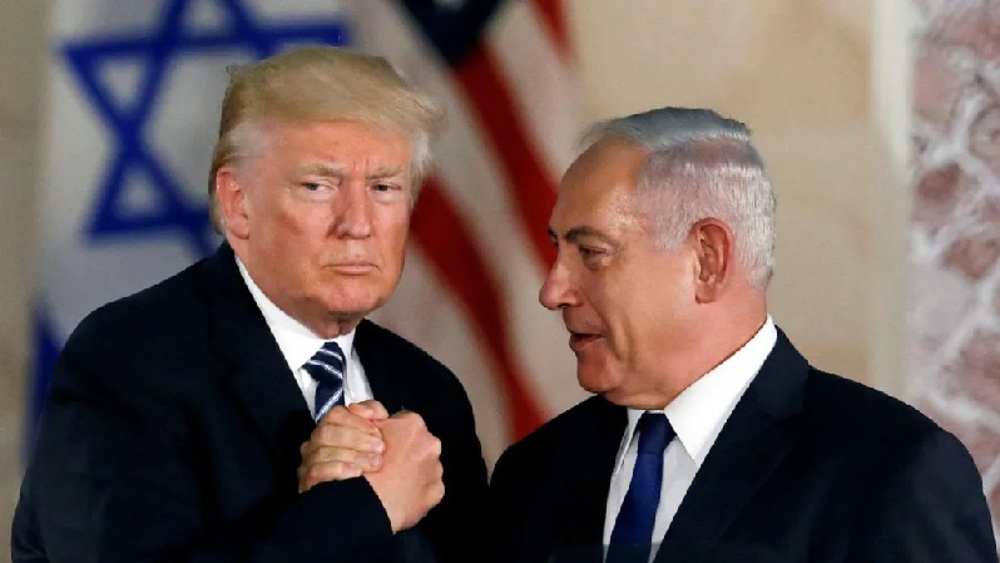



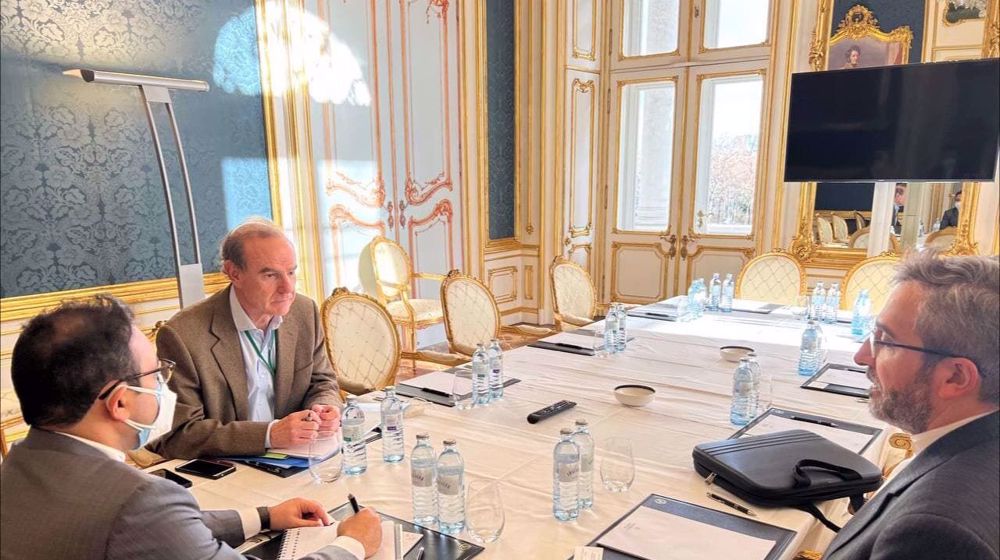
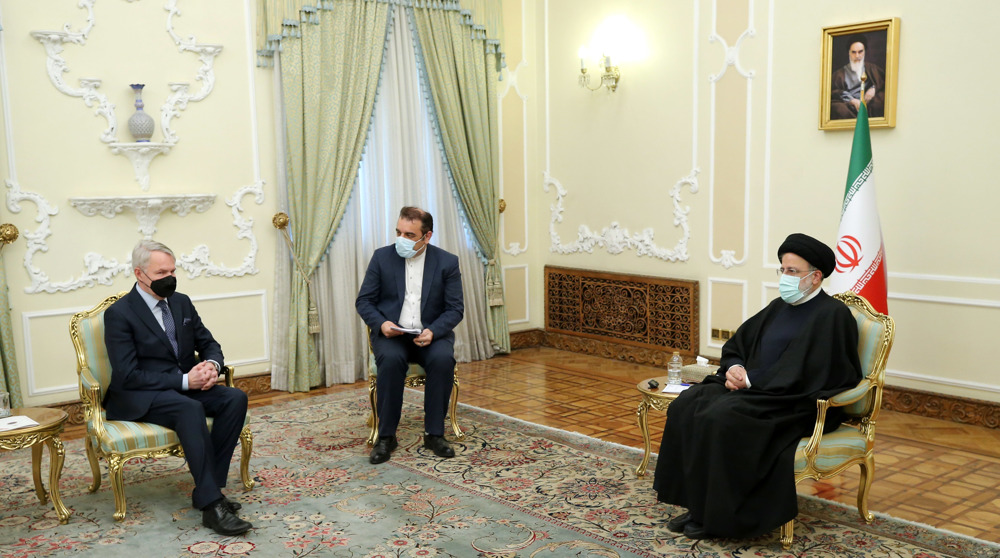
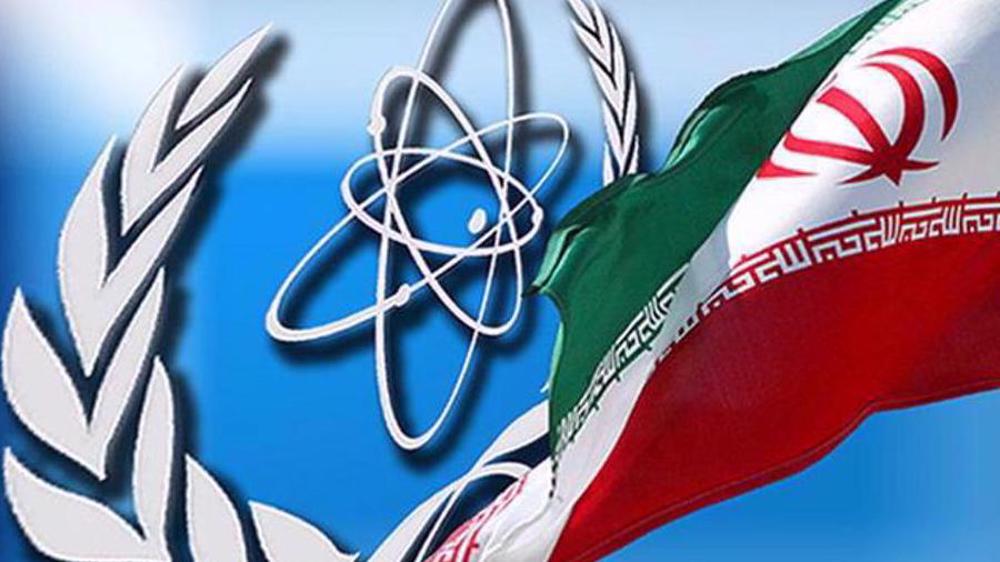
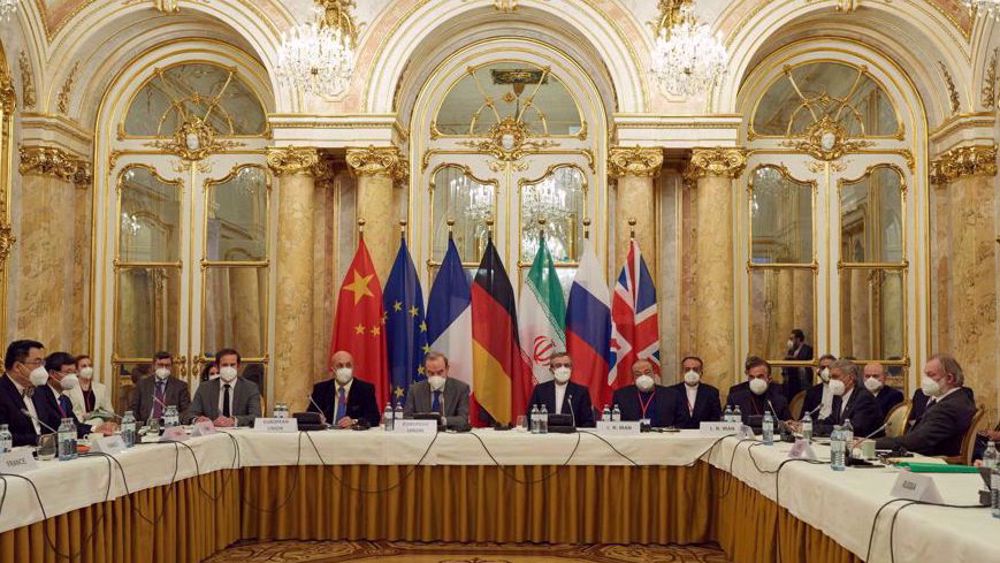
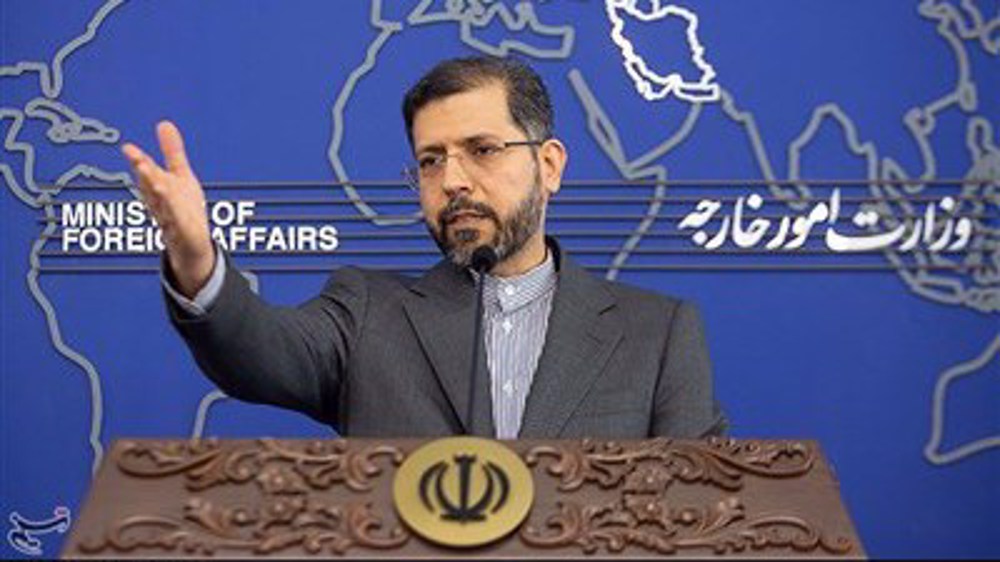
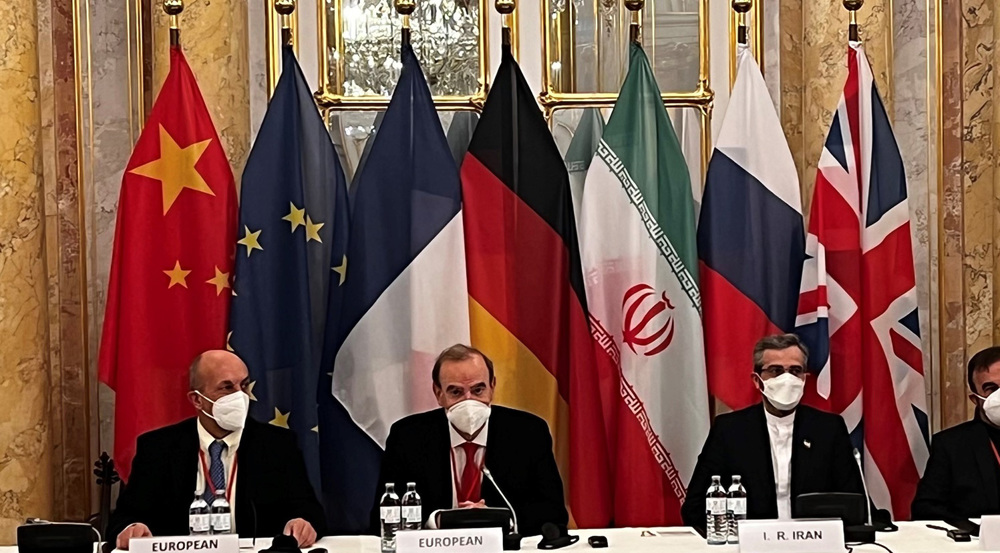
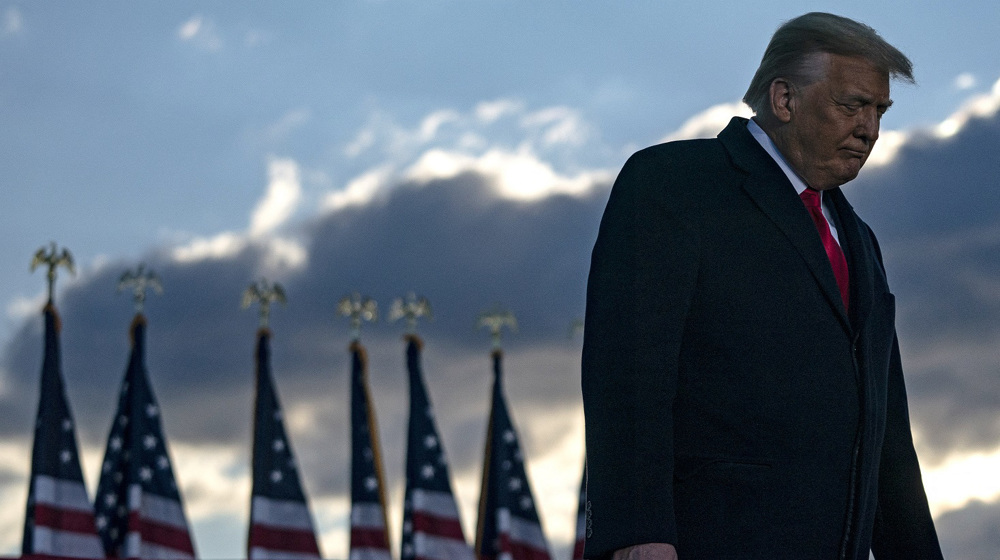
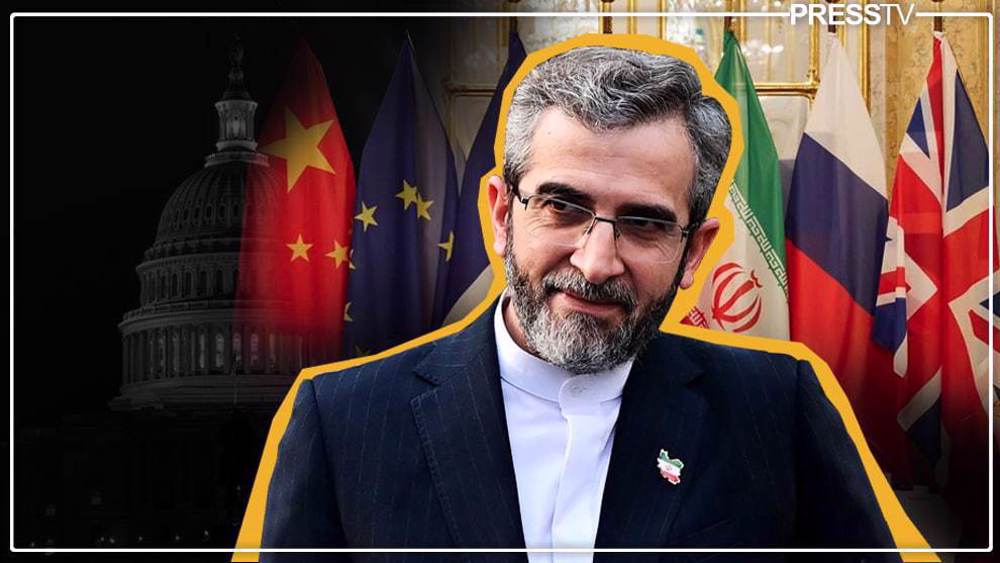
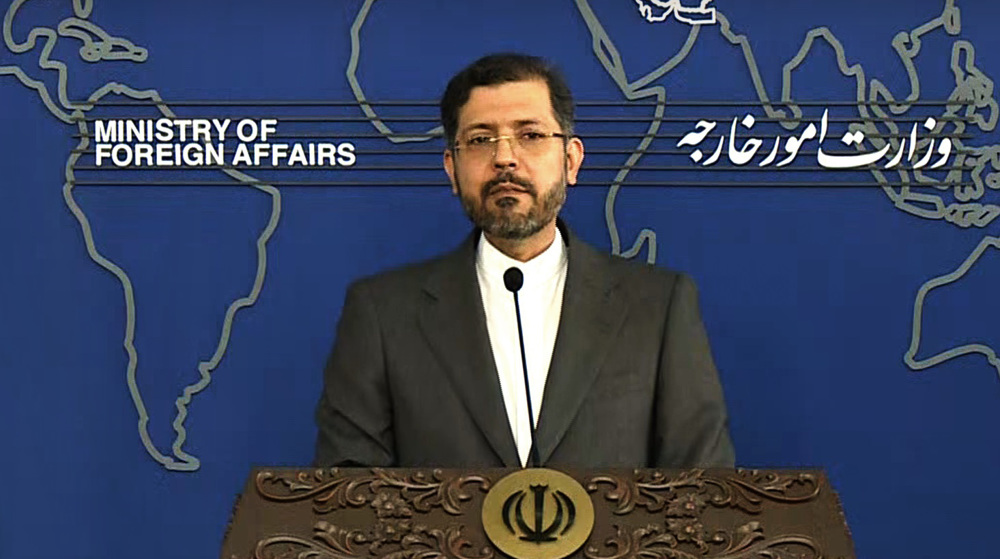
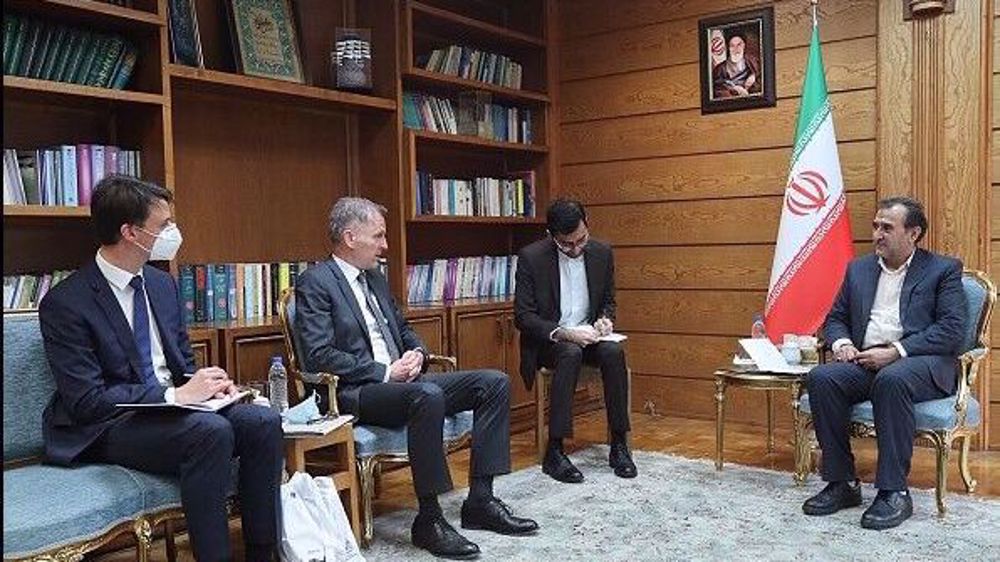

 This makes it easy to access the Press TV website
This makes it easy to access the Press TV website